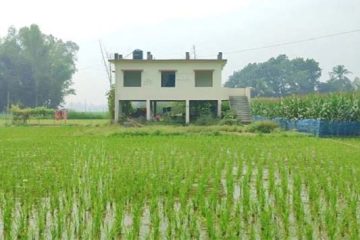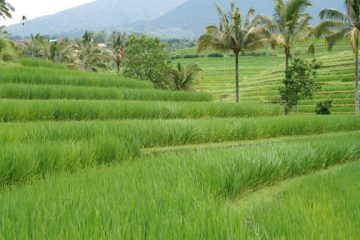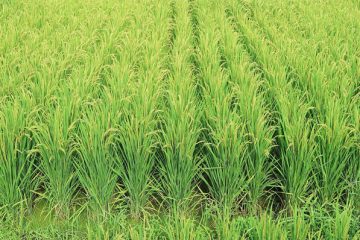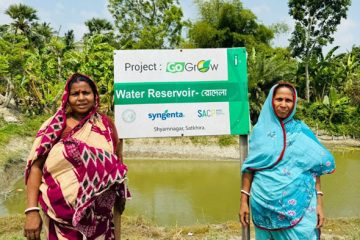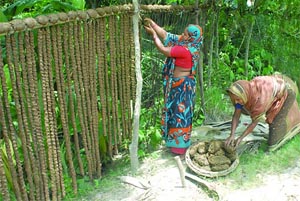 The Infrastructure Development Company Limited (IDCOL) on Tuesday organized a day-long workshop for the media to promote the use of biogas as an alternative energy source.
The Infrastructure Development Company Limited (IDCOL) on Tuesday organized a day-long workshop for the media to promote the use of biogas as an alternative energy source.
IDCOL with assistance from Netherland’s development organisation SNV and German development bank KFW is implementing the national domestic biogas and manure programme (NDBMP) in the country.
The programme is designed to introduce domestic biogas plants in rural areas with the ultimate goal of establishing sustainable and commercial biogas sector in Bangladesh, said Nazmul Huq Faisal, Senior Programem manager of IDCOL while, briefing the newsmen.
It is specially targeted to attract and strengthen local organisations in implementing biogas plants and ensure sustainable development of an alternative energy sector.
IDCOL already set up 14,000 biogas plants throughout the country and plans to increase the number to 27,000 by next two years bringing a total number of household at 24,960 .
Biogas is produced by decomposing organic materials, mainly animal waste in an anaerobic condition. Major component of the biogas is methane. The colourless and odourless biogas burns like natural gas. It is used for domestic cooking and lighting.
A gas stove with single burner consumes 350 to 400 litres of biogas per hour while a gas lamp consumes 150 litres of biogas in an hour. 10 kg of cow dung is enough to burn a stove for an hour, the experts said adding that the biogas programme may contribute to energy requirement in the rural areas by reducing stress on firewood and saving the forest resources.
The bio slurry produced as a byproduct can be used as organic manure and feed that can be used to increase soil fertility and thus increase the agricultural products. Bio slurry also is used as fish feed, pesticide and for mushroom cultivation, the organisers told, the newsmen at the workshop.
Held at the National Press Club, the workshop was attended by a good number of journalists representing different print, electronic and web-based media.
Image (above) caption: The traditional practice of preparing cowdung chains for burning as fuel in domestic cooking purpose may be replaced by a more hygienic and effective biogas programme in rural Bangladesh.

